Cashews: Important Facts, Health Benefits, and Recipes
Explore the world of cashews with our ultimate guide, covering health benefits, history, storage tips, and versatile culinary uses for this nutritious and flavorful ingredient.
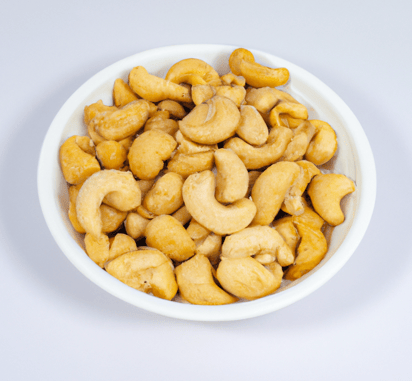
Nutritional Facts
1 cup
Amount per serving
Calories
746.2
Carbohydrates
42.5 g
Fat
60.3 g
Protein
19.9 g
Saturated Fat
11.9 g
Sodium
20.8 mg
Fiber
3.9 g
Sugar
6.5 g
Best Cashews Recipes
-
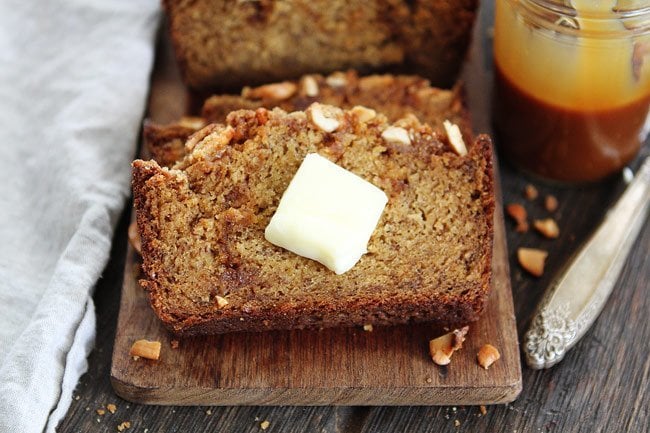
-

-
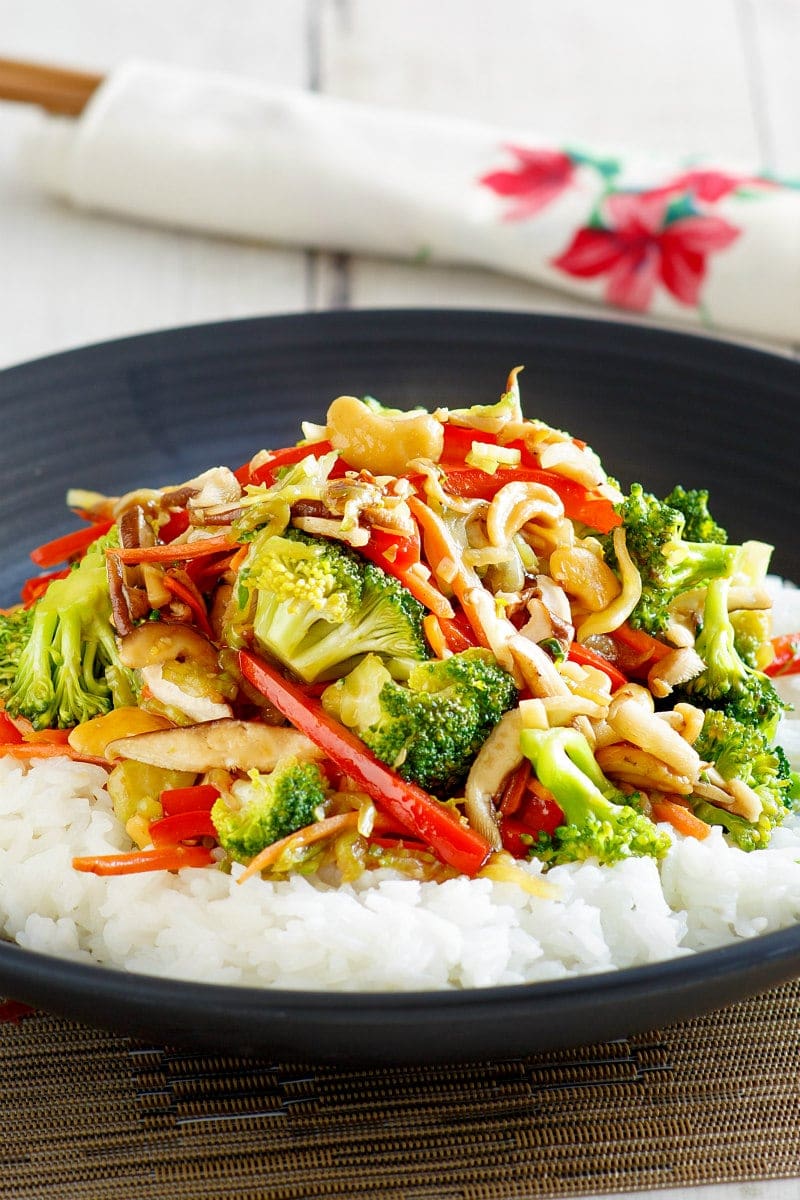
-

-
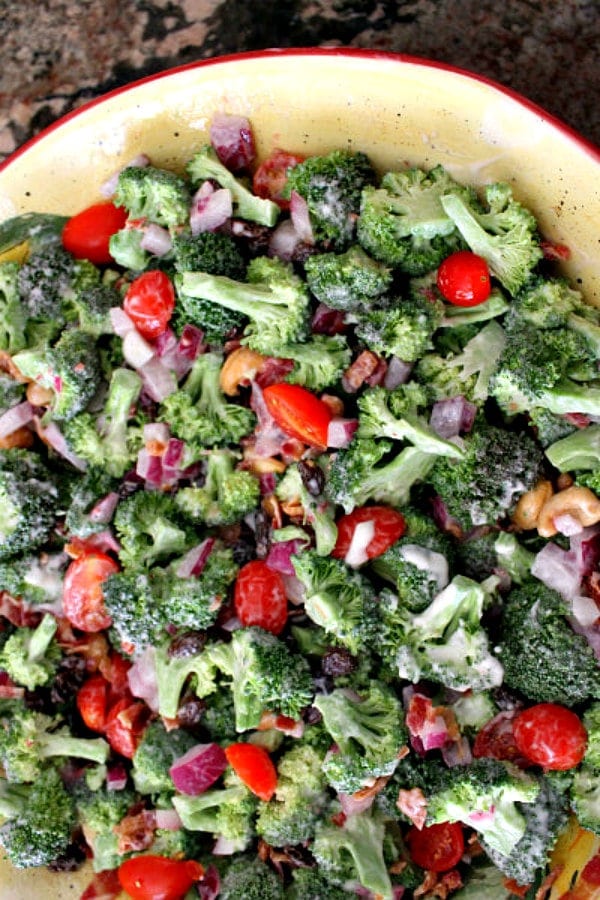
-

-

-
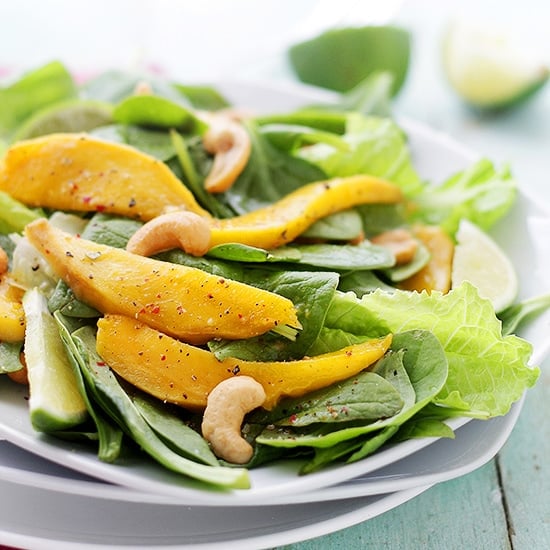
-
![Ramen Steak Salad with Citrus Dressing Image]()
-
![Chilled Yogurt Soup Image]()
-
![Pumpkin Curry Rice Bowls Image]()
-
![Homemade Saag Paneer Image]()
-
![Peanut Butter Granola Bars Image]()
-
![M&M Chocolate Pizza Image]()
-
![Easy Teriyaki Chicken Salad Image]()
-
![Bowtie Chicken Pasta Salad Image]()
-
![Grilled Tomatoes Charcuterie Board Image]()
-
![Epic Spring Charcuterie Board Image]()
-
![Easy Cheese Board Recipe Image]()
-
![Epic Rectangular Charcuterie Board Image]()
-
![Vegan Sweet Potato Casserole Image]()
-
![Cozy Minimalist Charcuterie Board Image]()
-
![Low Carb Grilled Peaches with Cashew Streusel Image]()
-
![Broccoli Bacon Cashew Salad Recipe Image]()
-
![Asian Chicken Cranberry Salad Image]()
-
![Cauliflower Bacon Fried Rice Recipe Image]()
-
![Quinoa Apple Cashew Salad Image]()
-
![Chicken Mango Bacon Salad Image]()
-
![Green Salad Recipe with Watermelon, Strawberries, and Cashews Image]()
-
![Monster Cakes Granola Recipe Image]()
-
![Summer Cherry Cheese Board Image]()
-
![Savory Ranch Chex Mix Image]()
-
![Vegan Bliss Energy Bites Image]()
-
![Healthy Granola Image]()
-
![Healthy Chicken Salad Image]()
-
![No Bake Peanut Butter Pie Image]()
-
![Original Chex Mix Party Snack Recipe From the 1950s Image]()
-
![Buttery Cashew Brittle Recipe Image]()
-
![Russel Stover Heart Box Snack Tray Image]()
-
![Chipotle-Lime Mixed Nuts Recipe Image]()
-
![Cashew Chicken {Time-Tested & Perfected!} Image]()
-
![Grab-and-Go Oatmeal Chia Cups Recipe Image]()
-
![Holiday Spice Granola Recipe Image]()
-
![Tip: Blender and Mason Jar Image]()
-
![Stir-Fried Kung Pao Chicken With Chili Peppers Recipe Image]()
-
![Recipe for Indian Veggie Balls (Malai Kofta) Image]()
-
![Cashew Chicken With Sweet and Spicy Sauce Recipe Image]()
-
![Black Sesame Pudding Asian Dessert Recipe Image]()


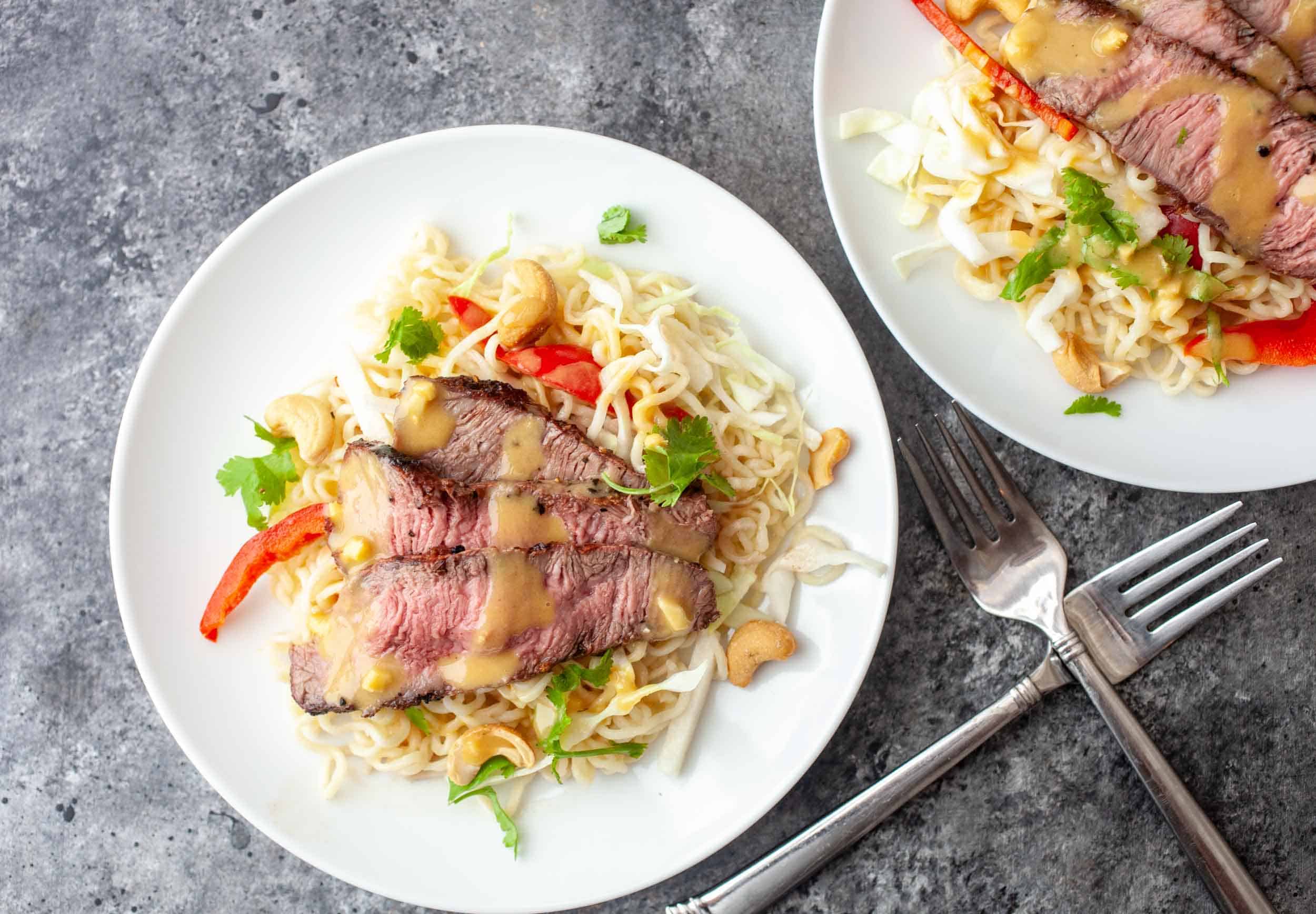
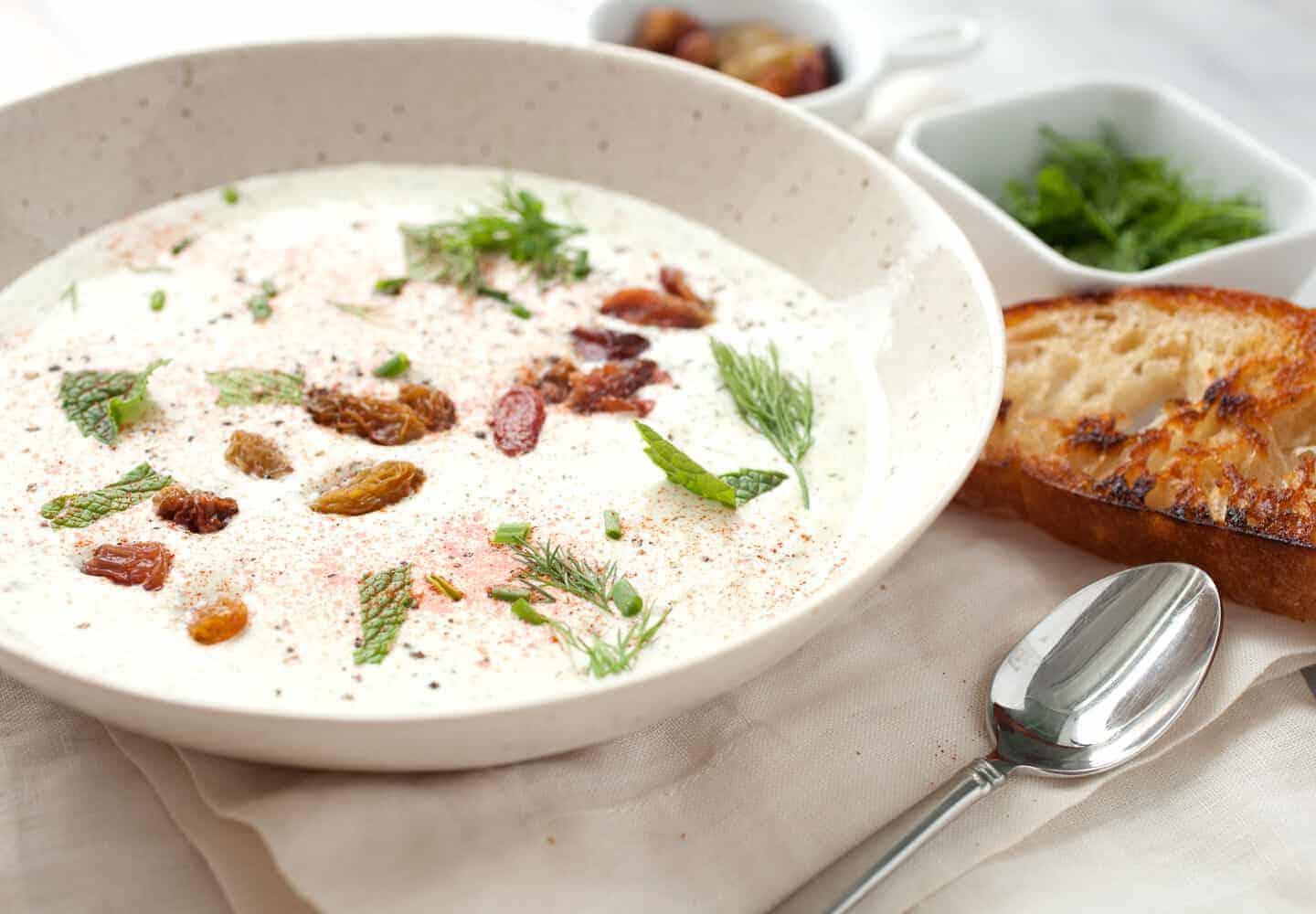

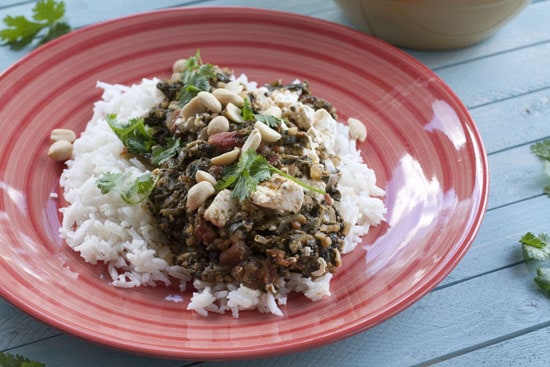






















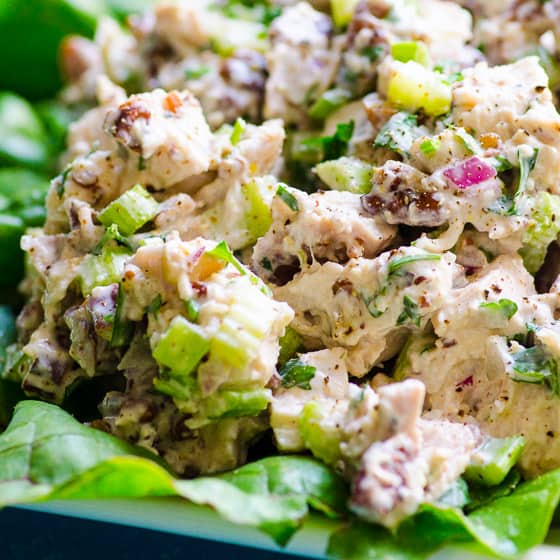

:max_bytes(150000):strip_icc()/original-chex-party-mix-483011-6766_preview-5b1ee13e3de4230037e0b737.jpeg)
:max_bytes(150000):strip_icc()/brittle-cashew-gt-15-56a8be533df78cf772a03e84.jpg)

:max_bytes(150000):strip_icc()/__opt__aboutcom__coeus__resources__content_migration__simply_recipes__uploads__2010__11__chipotle-lime-mixed-nuts-horiz-a-1800-b7ff85633d6243e59d968c3932bcb3fc.jpg)
:max_bytes(150000):strip_icc()/__opt__aboutcom__coeus__resources__content_migration__simply_recipes__uploads__2009__10__marcs-cashew-chicken-horiz-a-1800-dd42fdb99c5c4fed92ba734656c7cd67.jpg)
:max_bytes(150000):strip_icc()/__opt__aboutcom__coeus__resources__content_migration__simply_recipes__uploads__2017__08__2017-09-13-Chia-Oatmeal-Cups-7-346c974927854ce5a161371f4ad0745f.jpg)
:max_bytes(150000):strip_icc()/__opt__aboutcom__coeus__resources__content_migration__simply_recipes__uploads__2016__11__2016-11-30-SpicedGranola-6-05d9300f9e6c4c408e2efa3b2b15d2fa.jpg)
:max_bytes(150000):strip_icc()/__opt__aboutcom__coeus__resources__content_migration__simply_recipes__uploads__2005__08__blender-mason-jar-horiz-1280-9dbc1ba2a74f4f6baa651d3bf1d4ede9.jpg)
:max_bytes(150000):strip_icc()/GettyImages-1127677771-cc80c1c3141a4d69ad15e638a897424e.jpg)
:max_bytes(150000):strip_icc()/malai-kofta-vege-balls-in-a-thick-sauce-1957964-hero-01-f8bad63cc4874630b02d7335208129d9.jpg)
/general-tsos-chicken-694905-9a8cb3d3a7264f848a6cacc29f6384b3.jpg)
:max_bytes(150000):strip_icc()/black-sesame-pudding-3217349-hero-01-5c8e948dc9e77c0001a92690.jpg)